

| State Level Govt. Exams |
|---|
| Crash Courses |
|---|
| Chapterwise Study Material & Notes |
|---|
| Books / eBooks |
|---|
| Mock Tests Series |
|---|
| Free Video Leaning Programe (VLP) |
|---|
BUY Online Study Materials/Notes |
|---|
| Practice Sets |
|---|
| Je & Ae Exams |
|---|
| Coaching for Schools Students (K-12) |
|---|
| NCERT Solutions |
|---|
| Quick Links |
|---|
Madhya Pradesh Public Service Commission (MPPSC) conducts exams for various posts in state governmental departments. The exams take place annually. MPPSC (State Service Exam) is held in three stages – Prelims, Mains and Interview.
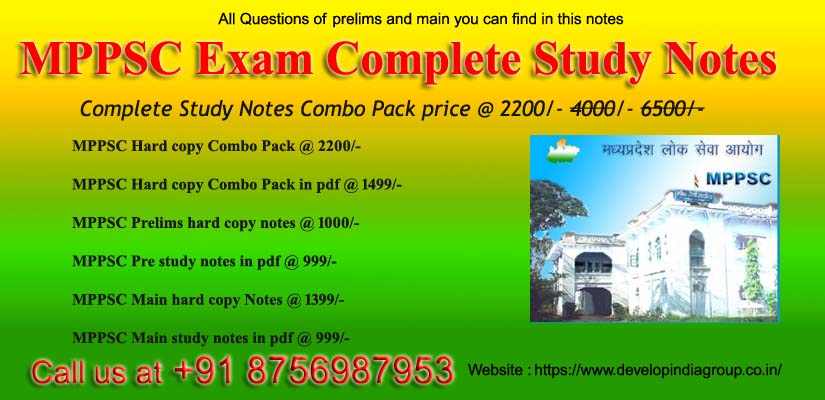 |
"for sure selection in the upcoming exam" Complete Study Notes available in English & Hindi medium Pay us via After payment plz shared your postal address for hard copy; OR email for pdf along with payment screenshot on same number. |
| Offer price only for this month |
MPPSC Hard copy Combo Pack @ 2200/- MPPSC Hard copy Combo Pack in pdf @ 1499/- MPPSC Prelims hard copy notes @ 1000/- MPPSC Pre study notes in pdf @ 999/- MPPSC Main hard copy Notes @ 1399/- MPPSC Main study notes in pdf @ 999/- |
_page-0001.jpg) _page-0001.jpg) _page-0001.jpg) _page-0001.jpg) |
| Solved Papers |
The recruitment drive aims to fill up a total of 227 vacancies in the State Services of Madhya Pradesh.
Eligibility Criteria
Age Limit: For Uniformed posts, between the age of 21 years and 33 years, and for other posts between the age of 21 years and 40 years as on January 1, 2024. Upper age limit relaxations applicable for reserved category candidates.
Educational Qualification: Candidates must have completed a Bachelor’s degree in any field from a University/Institute recognized by the Govt. More details in the notification.
Application Fee
Candidates belonging to General/unreserved category and applicants from states outside of Madhya Pradesh will be charged an application fee or Rs 500. For reserved category candidates from within Madhya Pradesh, the application fee will be Rs 250.
Selection Process
Candidates will be selected for the posts based on their performance in the qualifying Preliminary exam, Main exam, PET/PST test (for certain roles), a document verification process and a Physical interview if deemed necessary.
MPPSC Examination Pattern
MPPSC stands for Madhya Pradesh Public Service Commission, which is a state-level government organization responsible for conducting various competitive examinations in the state of Madhya Pradesh, India.
The MPPSC exam is conducted for the recruitment of various positions such as Deputy Collector, Deputy Superintendent of Police, Assistant Director, Block Development Officer, and many more. The exam is conducted in three stages:
- Preliminary Exam (Objective Type)
- Main Exam (Descriptive Type)
- Interview/Personality Test
The syllabus for the MPPSC exam generally covers topics related to Indian polity, history, economy, geography, environment, science and technology, current affairs, and general knowledge. The level of questions asked in the exam is generally of graduation level.
To prepare for the MPPSC exam, candidates should start by understanding the exam pattern and syllabus. They should then create a study plan and devote sufficient time to each subject. Candidates should also practice previous years' question papers and take mock tests to assess their preparation and identify areas of improvement.
Overall, the MPPSC exam is a highly competitive exam, and candidates need to work hard and stay focused to crack it. They should stay updated with current affairs and read newspapers regularly to be aware of the latest happenings in the state and the country.
Examination Timing
Timings for First Question Paper : From 10:00 AM to 12:00 PM
Timings for Second Question Paper : From 02:15 PM to 04:15 PM
MPPSC Preliminary Exam (CSAT based Syllabus)
The syllabus for Preliminary examination is given below :
FIRST PAPER: GENERAL STUDIES
1. General Science and Environment
Questions on general science and Environment (Environmental Ecology, Biodiversity & Climate Change) will cover general appreciation and understanding of science including matters of every day observation and experience as may be expected of a well educated person who has not made a special study of any particular scientific discipline.
2. Current Events of National & International Importance
In current events knowledge of significant National and International level will be tested.
3. History of India and Independent India
In History, questions of general knowledge related to social, economic and political aspects will be asked. Also, there will be questions on Indian National Movement and Development of Independent India.
4. (a) Geography of India
There will be questions of general knowledge relating to Physical, social and economic geography. It will also include questions on Indian Agriculture and Natural resources. There will be questions pertaining to demography and census of India.
(b) General Geographical awareness of world.
5. Indian Polity and Economy
Political system and constitution of the country, Panchayati Raj, social system, sustainable economic development, elections, political parties, plans, industrial development, foreign trade and economic and financial institutions.
6. Sports
Important games and sports tournaments, Awards, personalities and Renowned Sports Institutions of M.P., India, Asia and World.
7. Geography, History and Culture of M.P.
There will be questions related to the development of Mountains, rivers, climate, Flora and Fauna, Minerals transportation in the Geography of Madhya Pradesh . It will also have questions relating to important dynasties of M.P., Contribution of important dynasties in the Histroy & Culture of Madhya Pradesh, There will be questions on Tribals, Arts, Architecture, Fine Arts and Historical personalities of M.P.
8. Polity and Economy of M.P.
Political system, Political parties and elections, Pachyati Raj, Social system and sustainable economic development of M.P.. This will also include questions on Industry, Plans, Economic programmes, business, demography and census of M.P.
9. Information and Communication Technology
Questions pertaining to characteristics, uses, and terminologies such as website, online, search engine, e-mail, video mail, chatting, video conferencing, hacking, cracking, virus and cyber crime.
10. Scheduled Caste & Scheduled Tribe (Prevention of Atrocities) 1989 (No.33 of 1989) and the Protection of Civil Rights Act, 1955 (No. 22 of 1955)
11. The Protection of Human Rights Act, 1993.
SECOND PAPER : GENERAL APTITUDE TEST
1. Comprehension
2. Interpersonal skill including communication skill
3. Logical reasoning and analytical ability
4. Decision making and problem solving
5. General mental ability
6. Basic numeracy (numbers and their relations, order of magnitude etc.-Class X level) Data interpretation (charts, graphs, tables, data sufficiency etc.-Class X level)
7. Hindi Language Comprehension Skill (Class X level)
Note: - Question relating to Hindi Language Comprehension skill of Class X level will be tested through passages from Hindi language only without providing English Translation thereof in the question paper.
MPPSC Main Exam (Revised Syllabus)
There will be six question paper in this exam.
| Sr. No. | Paper | Topic | Marks | Time Duration |
| 1. | Paper-I | 300 | 03:00 Hours | |
| 2. | Paper-II | General Studies-II (Polity, Economy & Sociology) |
300 | 03:00 Hours |
| 3. | Paper-III | General Studies-III (Science & Technology) |
300 | 03:00 Hours |
| 4. | Paper-IV | General Studies-IV (Philosophy, Psychology & Public Administration) |
200 | 03:00 Hours |
| 5. | Paper-V | General Hindi & Grammar) | 200 | 02:00 Hours |
| 6. | Paper-VI | Essay & Unseen Passage | 100 | 02:00 Hours |
| TOTAL | 1400 |
MPPSC Exam Pattern, Syllabus for Prelims & Main Exam
MPPSC Notes PDF Study Material in English for Prelims
MPPSC study material in hindi free download pdf
MPPSC Notes- mppsc Prelims and mppsc Mains Exam - mppsc Exam Notes



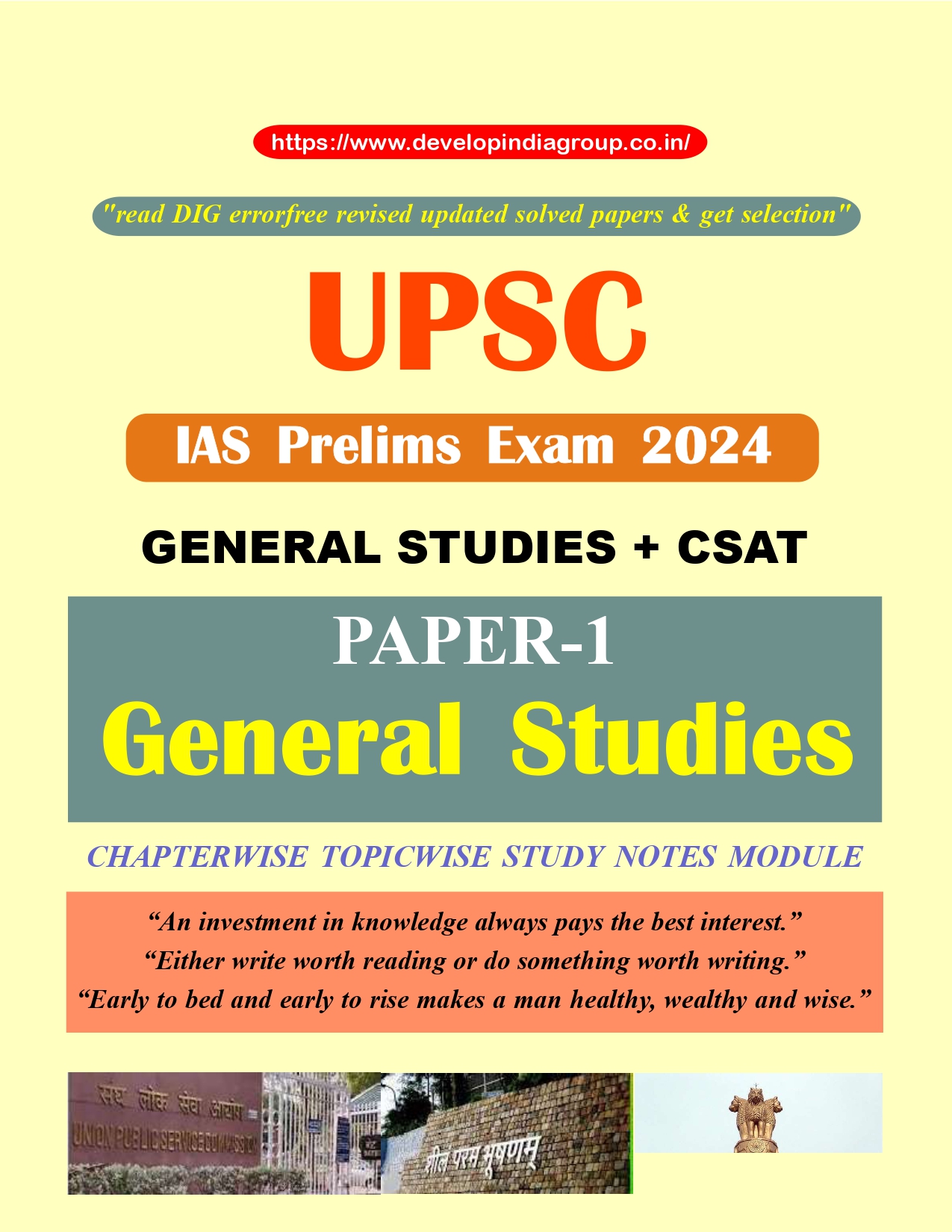
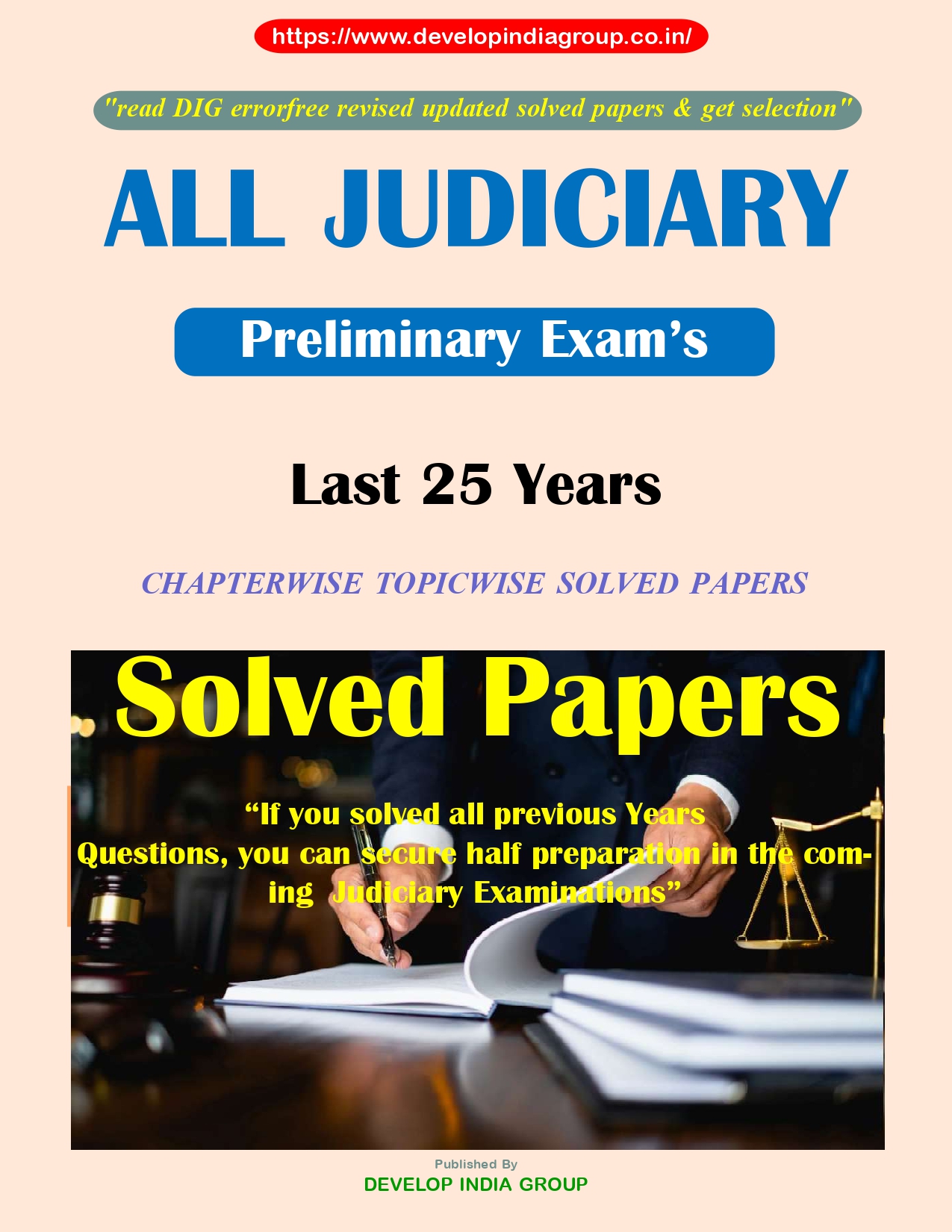
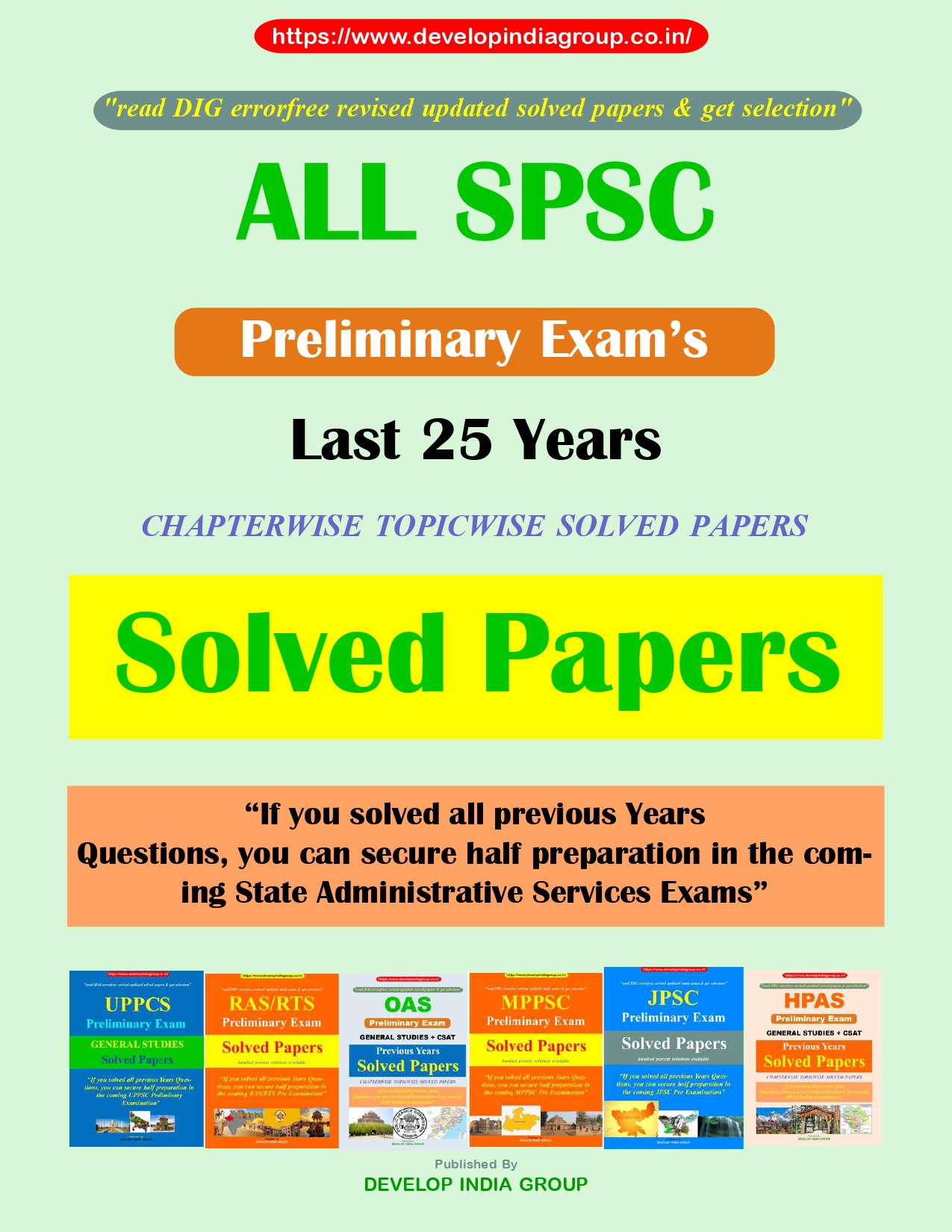

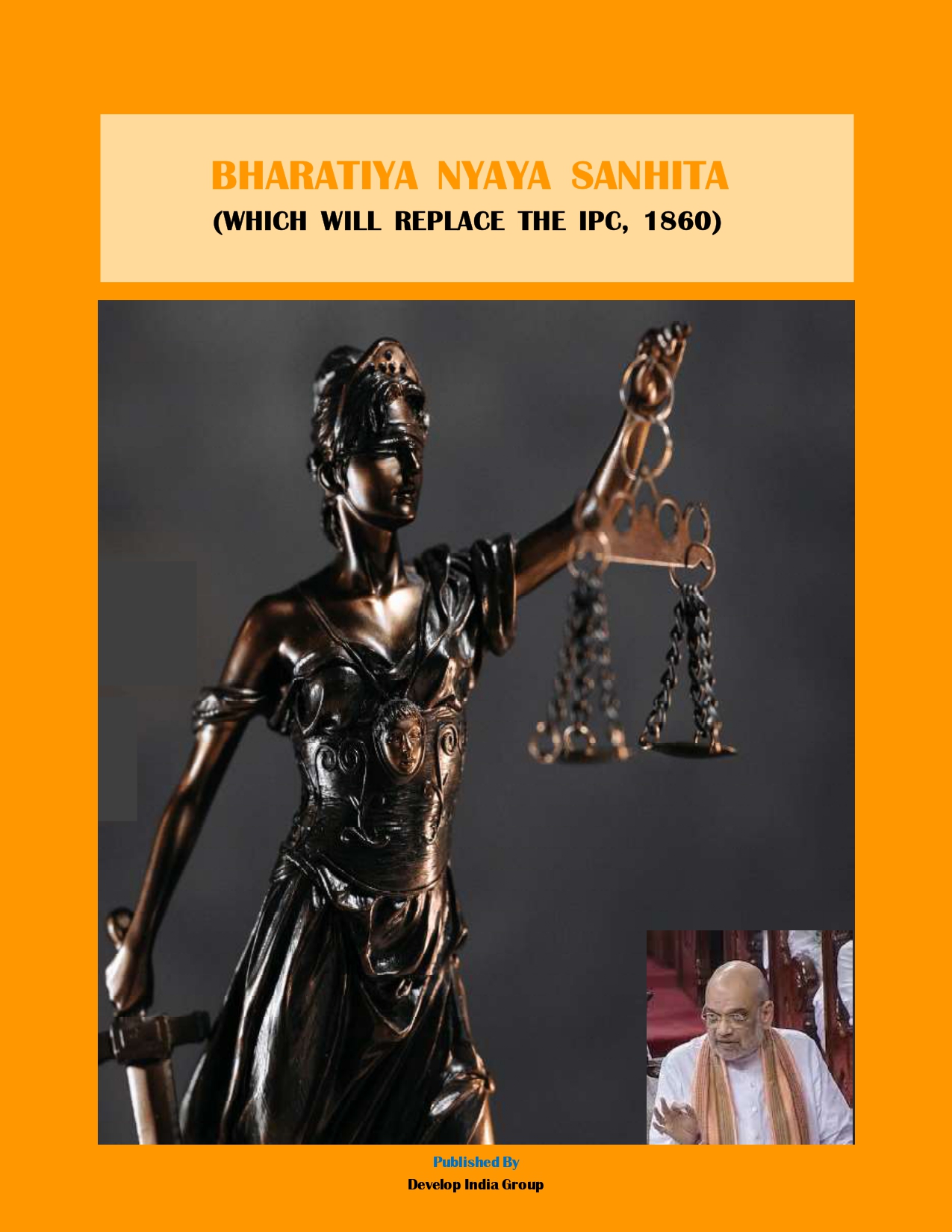
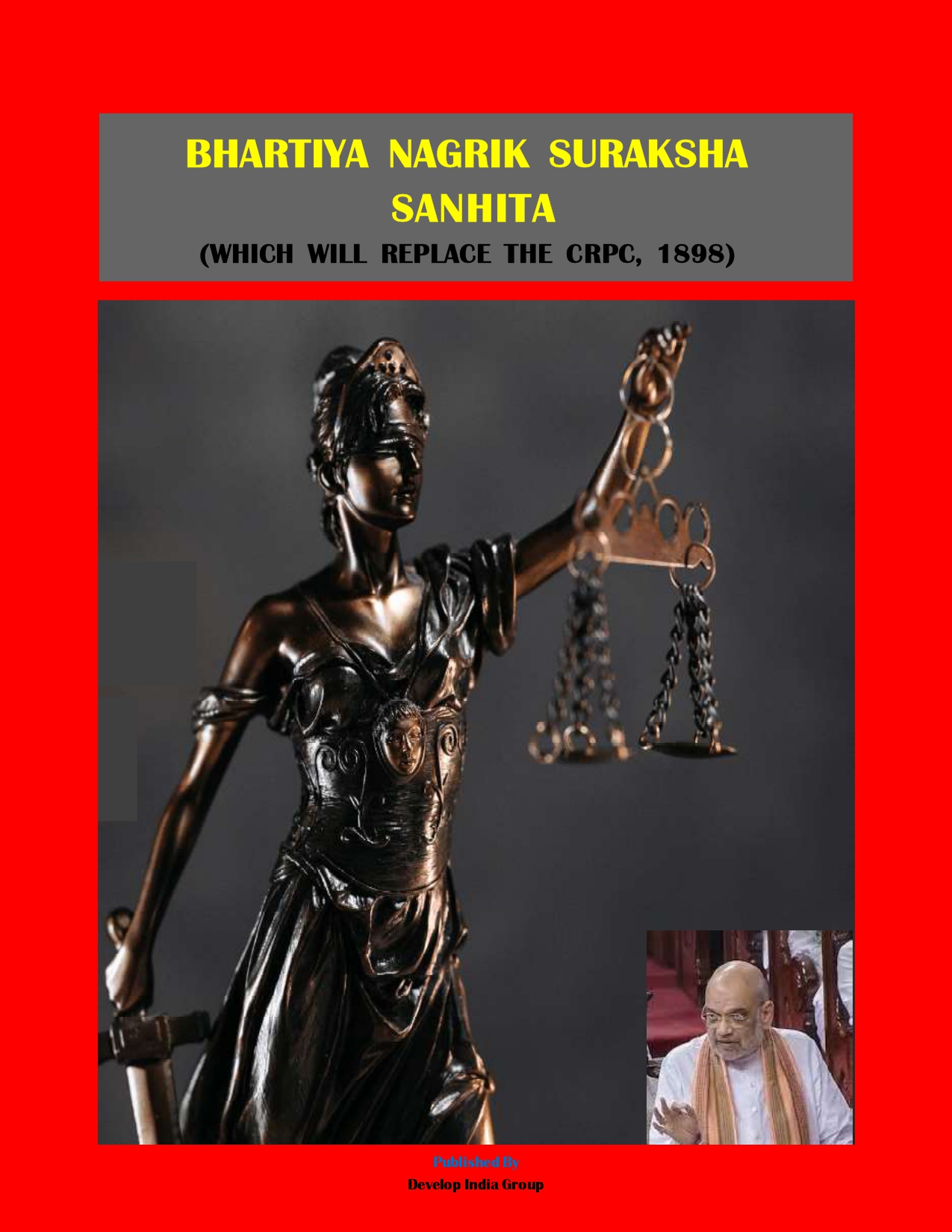
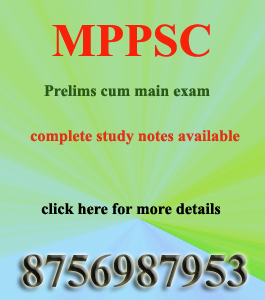


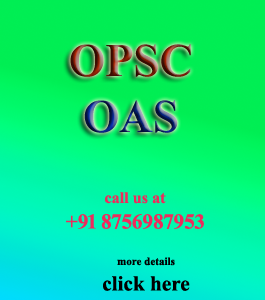


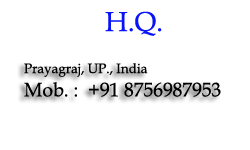



 or
or  or
or  on this number 8756987953
on this number 8756987953 









